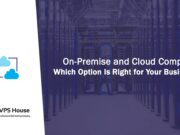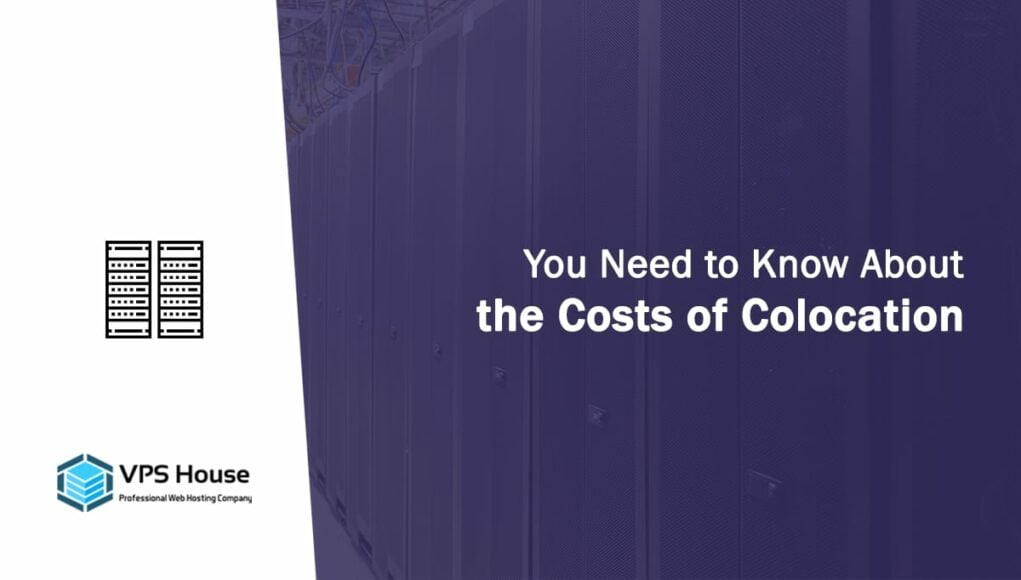Server colocation is a great choice for companies that are interested in streamlining their server operations. By leasing space in a data center, companies have the ability to redistribute bandwidth and power costs, while also having the choice to have complete control over their data and hardware.
The amount of money that companies save in networking and power alone can be enough to move their servers completely offsite. But, there are other expenses that should be considered before making the decision to do so.
If you’re looking to Get More Info about colocation pricing and how it could affect your company, keep reading!
Colocation Pricing Considerations
Before you select a provider, there are things that your company should be aware of. Here’s what you need to know:
1. Hardware
When you’re paying for colocation hosting, you’re not paying for the “rent” on a dedicated server machine. This means that you’re using your own company’s equipment, which creates the need for you to buy your own hardware.
In comparison to leasing, this may seem like a costly choice. But, this is only a one-time fee that’s needed upfront. After that, there’s no monthly fee that you’ll have to worry about like there is with dedicated servers.
This means that at the end of everything, you’ll have complete control to select whatever hardware components you want.
2. Costs of Per Rack
The pricing of colocation heavily depends on the required physical space that’s rented out. The physical space that is rented out has two different ways that it can be measured: in space per square root or in rack units (U).
One rack unit is 1.75 inches in height and can cost anywhere from $60 to over $500 a month.
You should also keep in mind that racks come in several sizes. If you aren’t completely sure about the type of rack that your equipment will need, you should go with a standard 42U/47U rack.
If the standard sizing ends up not working for you, most colocation hosts will accept custom sizing orders, which allows you to pick whatever power capacity and sizing you need.
3. Setting Up
The standard colocation host has a Service Level Agreement (or SLA), which means that the hosting company assumes that you’re going to deploy equipment by yourself. But, there are some providers that will give you hardware deployment onsite and remote hands if needed.
There are even some colocation hosts that will allow you to ship your equipment to them, and they’ll deploy it for you. This should only cost you a one-time setup fee for the service that you’ve asked.
If you don’t have a large IT staff, this could be a great option to make sure that your equipment is properly set up.
4. Blending Your Bandwidth
One of the biggest benefits that colocating has to offer is giving users with the ability to directly connect to an Internet Service Provider. This means that if your main location is in an area that’s limited to 40 Mbps connection, data centers have the ability to directly connect with the Internet Service Provider to get thousands of more megabits per second!
Most colocation hosts also invest in high-end fiber optic cables to make sure that you’re receiving the maximum interconnectivity possible.
In addition, leasing racks as a data center that’s carrier-neutral will allow you to create your own blend of bandwidth. This means that if one internet area provider ends up going down, you have the ability to transfer any of your important workloads to a different provider and still be able to maintain the service you’re receiving.
5. Locations
The location that your company resides in can drastically affect the pricing you’re paying for colocation. For example, if the data center resides in an urban area, real estate in the area is bound to be more expensive. The cost of the property that the data center is using is rolled down to you.
Operational costs also vary dramatically by location. Everything from electricity costs to the skilled labour pool to the costs of heating and cooling the building can vary dramatically from one geographical location to another. Ideally, you’ll be looking for the best combination of convenient location (close to your target market) with low electricity and labor costs.
In addition, data centers charge more for convenience if they’re closer to an important location, such as airports, or if they’re easily accessible. When you’re choosing a colocation host, you should also keep the cost of travel in the back of your mind.
While you may have found an amazing colocation host, if the company is located thousands of miles away from you, the cost of travel may offset your savings. If the employees are required to travel to your location to help manage your equipment, you may be spending more than you bargained for when signing up for the company.
Also, natural disaster recovery should be a factor that you look into when choosing a colocation host. Tornados, floods, hurricanes, and fires are natural disasters that could affect the downtime of your host.
Make sure that the colocation company you’re choosing has done everything that it can to protect it’s facility if there were any disasters that could occur. In addition, you should also ask the hosting provider what their expected downtime is if there is a natural disaster that affects their services. Getting a service level agreement (SLA) to back this up is prudent as well.
Colocation Data Pricing
The most important thing that you should take away is that colocation hosting should match what your business is in need of. Make sure that you take the time to learn about a provider before signing up. Get a thorough understanding of how the colocation host runs its data center. A good indication of quality is SSAE-18 certification.
Most colocation pricing is transparent and easy to understand, such as leasing fees and power rates. But, make sure that you take in the other factors that aren’t as obvious, such as the risk of high latency or potential downtime.
If you’re looking to Get More Info about colocation pricing and how your business could benefit, feel free to contact us today for a custom quote.



























